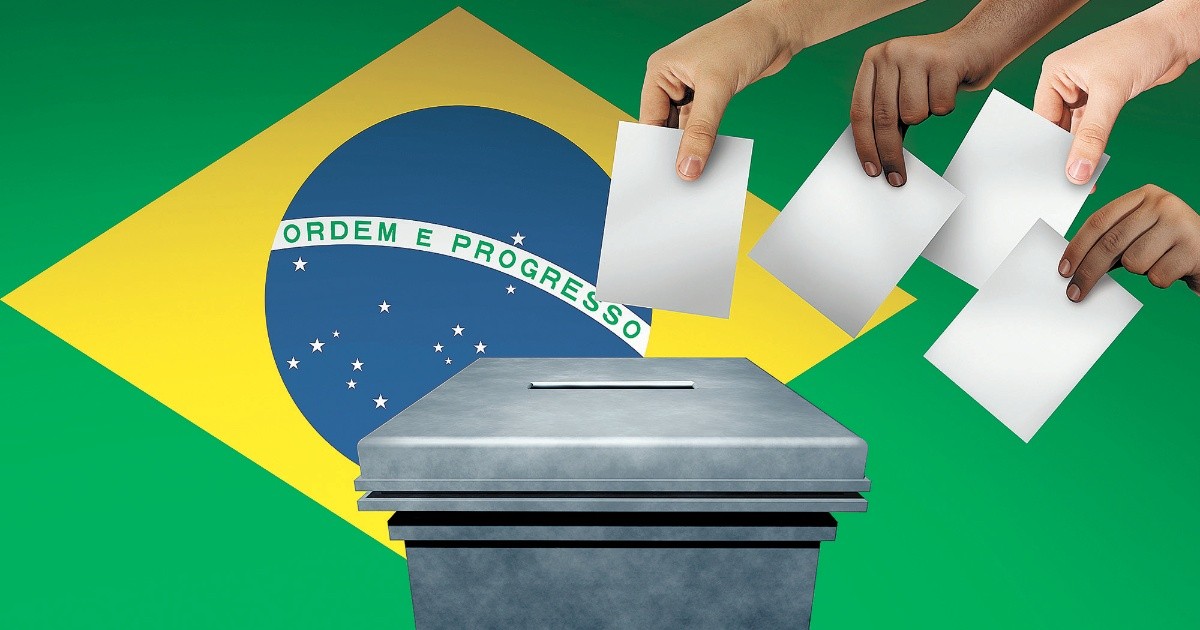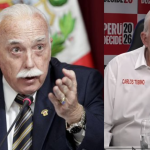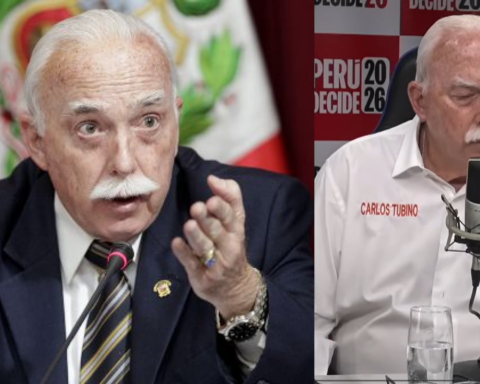Following his shock election in 2018, Brazilian President Jair Bolsonaro clearly expected to benefit from a profound shift to the right around the world, and for a while, he did. But when voters go to the polls in just over two weeks, they are likely to tell Bolsonaro that they have seen enough.
FARMVILLE, VIRGINIA – On September 20, the far-right president of Brazil, Jair Bolsonaro, delivered what will most likely be his last speech before the United Nations General Assembly in New York. Since 1955, Brazil has always had the first word at the annual UN meeting, for the simple reason that (as UN Protocol Director Desmond Parker explained to US National Public Radio in 2010) “very At the beginning, when nobody wanted to speak first, Brazil always (…) offered itself” to do so.
But sometimes this custom can be difficult to justify. At the end of the day, nobody really wants to hear Jair Bolsonaro, who has been left almost without friends on the international scene, ostracized after his disastrous handling of Covid-19, his constant attacks on democratic procedure and his sexism, racism and virulent homophobia. Worse yet, this year Bolsonaro had no qualms about using the UN podium to campaign for his re-election. With an eye on rallying his supporter base in Brazil ahead of the first round of the Oct. 2 presidential election, Bolsonaro praised his efforts to undo the legacy of the leftist governments that preceded him. At the same time, he said what he thought the assembled foreign diplomats and dignitaries wanted to hear, with de rigueur mentions of “sustainable development,” “human rights,” and other concepts that never had any place on the government’s agenda. of the.
All of this confirmed that Bolsonaro knows he is a pariah. The confident and blustering president of 2019 was not to be seen, when he celebrated the 1964 coup that began two decades of military rule in Brazil, and gloated over Venezuela’s economic woes (“socialism in Venezuela is working: they’re all!” poor and there is no freedom!”). Instead, he is now moderate, as a result of a drastic change in the international political environment.
Bolsonaro’s 2018 electoral victory shook the political establishment, but could easily be categorized as part of a broader illiberal reactionary wave that also included the election of Donald Trump in the United States and the 2016 Brexit referendum in the UK. United. It was clear that Bolsonaro hoped to capitalize on this global shift to the right, and for some time he did.
But Trump’s loss dealt a blow to his (always somewhat exaggerated) claim that he had a close friend and ally in the White House. Furthermore, since former Brazilian President Luiz Inácio Lula da Silva was released from prison in 2019, he had an extremely popular challenger waiting to face him. With these changes, the anti-democratic movement that had been gaining strength since the absurd 2016 political trial of Lula’s successor for the Workers’ Party (PT), Dilma Rousseff, seemed to hit a wall.
Faced with opposition from the US government of President Joe Biden, Bolsonaro has been unable to mobilize the military to launch a credible challenge to Brazil’s democratic institutions. And, above all, Lula’s highly effective campaign acted as a balm on the political divisions that Bolsonaro tried to create. Lula has been surpassing him in all the preference polls between the two.
This persistent difference in popular support for the candidates suggests that, although Bolsonaro managed to tap into a deep and vitriolic current of anti-PT sentiment in 2018, Brazilians never had as much acceptance of him and his toxic politics as they had secured. his most ardent supporters (or like the one his detractors feared). Lula is a political talent that does not appear every day, who knew how to remind voters how much better off they were during his presidency (2003-11) and offer a compelling vision for the future. As Bolsonaro harks back to the days of the dictatorship, Lula has staked his campaign on the idea that most Brazilians want to return to the gradual progress of the post-authoritarian era. In 1988, Brazil passed an extremely progressive constitution that ushered in a democratic era often referred to as the New Republic. And until the 2010s, the country had been advancing, with difficulties, in a variety of social indicators. For most Brazilians, life got better, though not as much or as fast as many hoped.
After a deep recession in 2014 and a string of corruption scandals, Bolsonaro appealed to voters by arguing that the New Republic was synonymous with corruption and progressive sentimentality. But now, Brazilians have seen what their options are, and many have realized that there is no better alternative to the democratic model, which no more than a decade and a half ago had delivered remarkable improvements in quality of life.
In the end, Bolsonaro proved unable to implement a paradigm shift in Brazilian politics. It took the return of Lula — a leader forged in the democratic forge of working-class politics — to remind voters that the solutions to the country’s most difficult problems will not be found by going back to authoritarianism. His speech may not be as easy to digest as the simplistic and reactionary commonplaces of Bolsonarism. But ultimately he offers a more compelling vision. Most Brazilians understand that everyone will have to participate, show empathy and contribute to overcoming the great challenges facing the country.
One of those challenges, of course, is Bolsonarism itself. It is very likely that no matter what happens in October, the violent right-wing fever dreams that Bolsonaro brought to the center of Brazilian politics will lurk on the fringes of national life. But at least they won’t have the allure of novelty anymore.
The author
Andre Pagliarini, assistant professor of history at Hampden-Sydney College, is a columnist for the Brazilian Report and a member of the Washington Brazil Office.
Translation: Esteban Flamini
Copyright: Project Syndicate, 1995 – 2022















